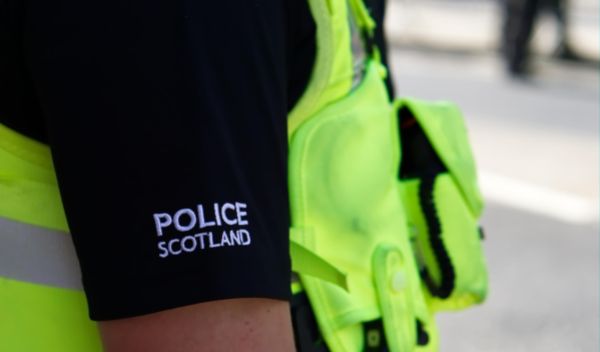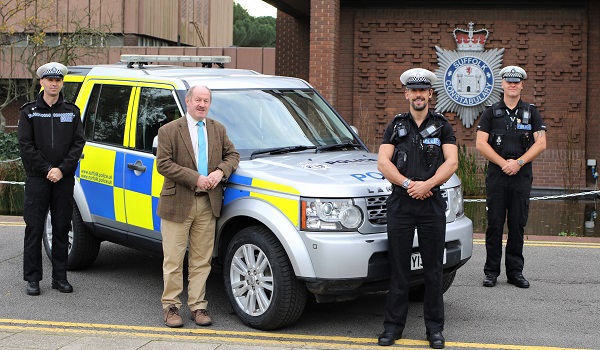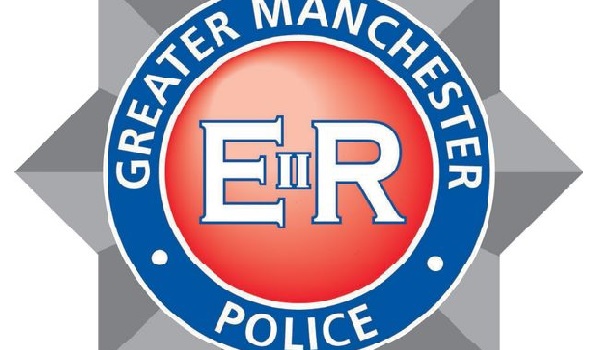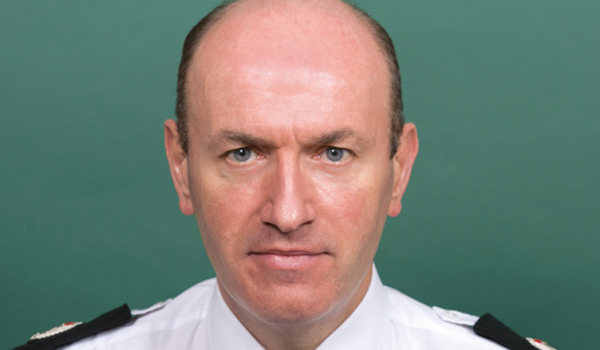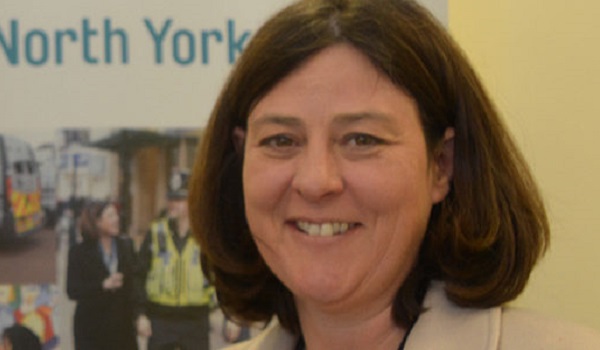PIRC wants force call handlers to provide ‘correct level of service’ after two-day delay in safety search
A worried mother experienced a “variety of failures” from three separate police personnel within a ten-minute timeframe – two days before her son’s body was found.
The death of Barry Croal has again placed Police Scotland under the spotlight as the Police Investigations and Review Commissioner (PIRC) criticised the force over its call handling procedures.
The mother of 51-year-old Mr Croal rang the force three times on February 20, 2017 amid concern for his safety, having not seen him for two days or been able to unlock his front door.
But no action was raised over his safety and no officers sent to investigate, a PIRC report revealed.
It was not until she phoned a fourth time – more than 38 hours after her initial calls – that officers were sent to Mr Croal’s home in Fallin, Stirlingshire, and found him dead.
A doctor certified the cause of death as a gastrointestinal bleed but could not give an estimated time of death, beyond saying that Mr Croal had been dead for more than two hours before she arrived.
In the report published on Thursday (May 10), the PIRC called on the force to make further improvements to call handling after finding evidence of a reluctance to transfer calls from Mr Croal’s mother to the correct department, as she had chosen an incorrect call option.
The PIRC investigation also found that there was no guidance available to Police Scotland Service Centre staff on how to deal with ‘dropped 101 calls’ from members of the public.
The Crown Office and Procurator Fiscal Service instructed the PIRC to carry out an investigation into the circumstances of the call handling and actions taken within the police Area Control Room, and in particular, consider whether the actions taken by the call handler in relation to the first call were appropriate.
PIRC Kate Frame said: “Despite Barry Croal’s mother repeated efforts on February 20, 2017, in three calls to Police Scotland, to communicate her concerns about her son’s safety she received little assistance in resolving those concerns until she phoned Police Scotland for a fourth time, two days later.
“In her earlier calls, she made it clear to both police officers and a member of civilian staff that nobody had seen her son for a number of days and that she had been unable to get into his house because it appeared that the door had been locked with keys from the inside.
“Barry Croal’s mother experienced a variety of failures by three separate police personnel within a ten-minute period, which must have undoubtedly been very frustrating and ultimately a distressing experience for her.
“This episode provides the opportunity for further learning and improvement by Police Scotland, to ensure that staff act appropriately and provide the correct level of service to members of the public seeking their assistance.”
A statement on behalf of Mr Croal’s family said: “We are aware of the PIRC report and the findings contained within it and we hope that Police Scotland take note of these findings so that no other family has to experience something similar.”
The PIRC recommended that:
• Police Scotland should take steps to ensure that when a member of the public contacts the police via the 101 phone number and chooses an incorrect option, instead of asking the caller to redial and choose another call option, they should take the information from the caller and then transfer the call to appropriate staff;
• Police Scotland Service Centre staff should ensure that appropriate follow up action is taken based on the information passed to them; and
• Police Scotland should provide guidance to Service Centre staff on how to deal with dropped 101 calls from members of the public.
Only last month the force issued an apology after being criticised by the PIRC over officers’ failure to discover the body of Arnold Mouat at his home in Bo’ness a month after he went missing.
Police Scotland was rapped in October, last year, after David Penman was found dead in a van in a lay-by near Dunipace two days after the force was first alerted to the abandoned vehicle.
In 2015, Lamara Bell, 25, and her boyfriend John Yuill, 28, died after their car left the M9 and officers failed to respond to a report of the crash for three days. Ms Bell was found alive but died four days later in hospital.
Assistant Chief Constable Wayne Mawson said the force had worked with the PIRC to address concerns over the latest case and further improve call handling and custody management.
He said: “We note the recommendations within the PIRC report and acknowledge the fact that there were some shortcomings in relation to the Police Scotland response to enquiries to establish his wellbeing. We would like to offer our sincere apologies to Barry’s family and friends for that.
“We recognised at an early stage these shortcomings and promptly made significant changes and improvements to manage custody enquiries both within and between Criminal Justice Services (Custody) and C3 Divisions.
“Staff have also received additional briefing to recognise risk and vulnerability at the first point of contact.”
TIMETABLE OF TRAGEDY
Mr Croal’s mother first contacted Police Scotland at 6.36pm on February 20, 2017 after she had gone to his house twice that day but received no reply. She expressed her concerns that she was unable to use her key to get in because there was a key on the inside of the lock. She also wanted to know if her son had been taken in to custody.
Mr Croal’s mother was put through to a custody sergeant, who confirmed he was not in custody and told her she would need to hang up and phone back on the 101 phone number and speak to a service advisor to report her son as missing.
She telephoned again at 6.39pm on the 101 number but selected the wrong option and was again told to redial 101 and speak to a service advisor. No efforts were made by Police Scotland to transfer these two calls to members of staff who could assist her.
Mr Croal’s mother telephoned for a third time at 6.42pm and got through to a service advisor in Police Scotland’s Govan Service Centre and repeated her concerns. She again asked if her son was being held in custody at Randolphfield police station in Stirling.
After taking some details, including contact information for Mr Croal’s mother, the service advisor checked to see if he was in custody.
Mr Croal’s mother interpreted this as meaning that the service advisor would call her back after she had made enquiries and she terminated the call.
The service advisor was unable to trace a telephone number for Randolphfield and on returning to the call to update Mr Croal’s mother, found that she had hung up.
The service advisor did not call her back on the number she had provided, instead updated the call log with the words ‘Advice Given/Resolved’.
Mr Croal’s mother contacted Police Scotland for a fourth time at 9.06am on February 22, 2017 and spoke to another service advisor within Govan Service Centre.
When this advisor was made aware of the circumstances, she immediately raised an incident and officers were sent to Mr Croal’s house at 10am on the same day.
They forced entry and found his body inside. The attending doctor certified the cause of death as a gastrointestinal bleed, adding that an estimated time of death could not be determined.


